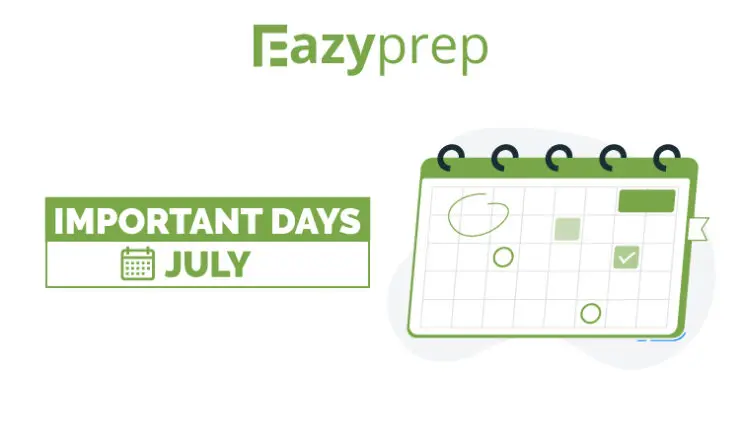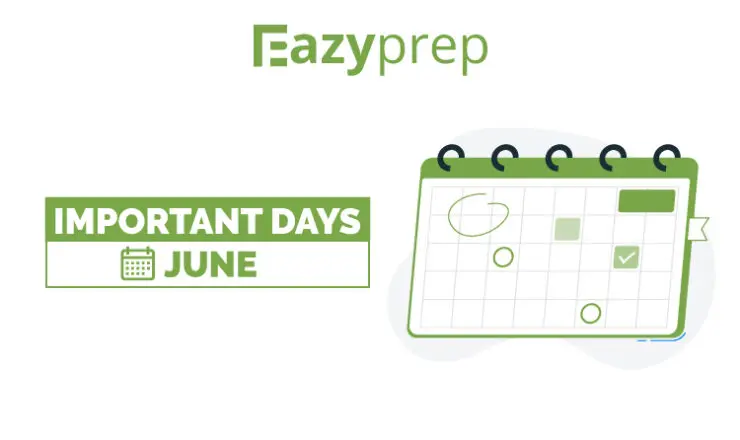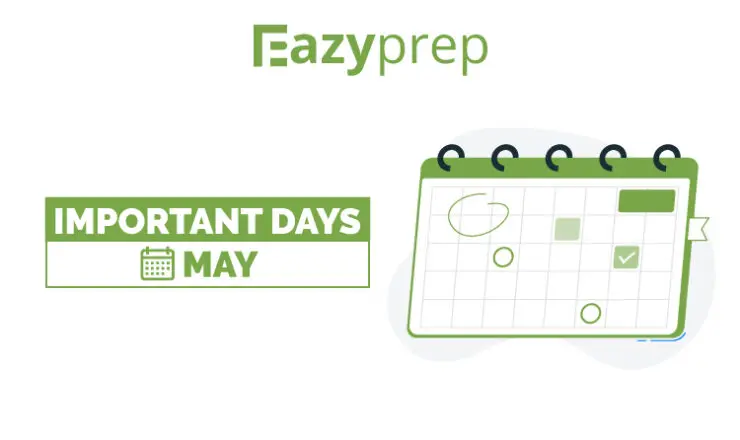![]()
In this article you will learn:
- Subject Verb Agreement
- Subject Verb Agreement Rules
Exam Connect:
Subject Verb Agreement for Entrance Exams comes generally under the English Section or the Verbal ability section of the question paper. Though English for Entrance Exams is generally an easy section for any entrance examinations, the grammar part of it has always confused exam takers. Such questions conduct tests about the in-depth knowledge of a student in using a language, including subject verb agreement tests. Questions appear in the forms of:
- Fill in the blanks
- Sentence correction questions
Subject Verb Agreement
Consider the following statements:
- I am busy.
- You are clever.
- He is late.
- They are here.
These four sentences contain the same verb (be) and the same tense (Simple Present.) but the verb form is not the same in all the sentences. Am is used after I, are after you and they, and is after he. That is, different verb forms are used with different subjects. A verb must agree with its subject in number and person. This rule gives no trouble as long as there is no doubt of the subject and the number of subjects. Sometimes it would be difficult to determine exactly the nature of the subject. This article will give you pointers about the different forms of subject and the varied ways of subject verb agreement that generally are important in Subject Verb Agreement for Entrance Exams. It will also point out the subject verb agreement rules with subject verb agreement examples and finally help to test your understanding of the topic with subject verb agreement mcq with answers.

Subject Verb Agreement for Entrance Exams Rules
Rule 1
Collective nouns like family, government, team, audience, committee take either a singular verb or a plural verb. We use a singular verb if we are thinking of the group as a whole:
- The family has lived here for over a hundred years.
- The government isn’t very popular.
- The audience was large.
Rule 2
We use a plural verb if we are thinking of the group as a number of individual people:
- The family have all gone on holiday.
- The audience are requested to keep their seats.
Rule 3
The verb is always plural after people, police and cattle.
- People often say such things.
- The police are questioning two men.
- The cattle are grazing in the field.
Rule 4
We use a singular verb after a noun phrase of amount or measurement:
- Fifteen minutes is allowed to each speaker.
- Rs. 225 seems a lot of money for a shirt.
- 20 kilometres is a long way to walk.
We consider fifteen minutes, Rs. 225, or 20 kilometres to be a single thing (an amount or a quantity).
Rule 5
The following nouns ending in -s count as singular and therefore take singular verbs. The following nouns can be seen to have appeared repeatedly in Subject Verb Agreement for Entrance Exams:
1. News :
The news is true.
2. Subject names like politics, economics, physics, mathematics:
Politics is one of his university subjects.
But : What are his politics ( = his political opinions) ?
3. Some proper names like Naples, Athens, Wales, the United States of America :
The United States of America is one of the most powerful nations in the world.
4. Some diseases like measles, numps, rickets :
Measles takes a long time to get over.
5. Plural titles of books, etc. :
Gulliver’s Travels is an enjoyable book.
Rule 6
Some nouns denoting two things joined together, like spectacles, scissors, trousers, pants, pyjamas, are treated as plural :
- Where are my spectacles?
- His trousers are dirty.
Rule 7
When two subjects are joined by or, either….or, or neither….nor, the general rule is that the verb agrees with the subject immediately before it.
- Either your brakes or your eye sight is at fault.
- Either your eyesight or your brakes are at fault.
- Neither the inspector nor the officers were able to help us.
Rule 8
Singular nouns joined by and usually take a plural verb. But a singular verb is used when we think of the nouns as making up “one thing”, e.g.
- Bread and butter was given to the travellers.
Rule 9
When the subject is one of many, the singular, to agree with one is used. It would be wrong to make the verb agree with the plural noun immediately before it.
- One of my brothers lives in England.
Rule 10
However, the use of a plural verb with either, neither, each, everyone, anyone, none (which are treated as singular) followed by plural noun or pronoun is common in the speech of educated native speakers. This is an important type of question that appears in the section of Subject Verb Agreement for Entrance Exams.
Neither of them knows the answer.
or : Neither of them know the answer. (Informal).
Rule 11
Similarly, when a singular noun is followed by plural nouns (or nouns joined by and), the verb should be singular.
Mr. Raman, with his wife and children, has gone to Bombay. (Here the exact subject is Mr. Raman, which is singular.)
Rule 12
Note that the expression more than one noun, though plural in sense, is followed by a singular verb.
More than one person has died in the accident.

Subject Verb Agreement for Entrance Exams Practice Questions
Choose the Correct Answer:
- Physics _____ his main subject.
- Is
- Are
- Be
- Am
Answer: a
Explanation: The subject of the sentence is Physics. The correct verb for physics is ‘is’.
- Your spectacles ______ on the table.
- Is
- Are
- Am
- be
Answer: b
Explanation: The subject of the sentence is ‘spectacles’. The correct verb for spectacles is ‘are’
- The class ______an interesting novel called the Woodlanders this year.
- Learns
- Learn
- Learning
- None of the above
Answer: a
Explanation: The class is a collective noun and signifies a group of people. The group is taken as singular, and hence the verb will be ‘learns’.
- More than one person ____ heard the news.
- Have
- Is
- Was
- Has
Answer: d
Explanation: When the expression ‘more than one’ is used in the subject, though plural in sense, it is followed by a singular verb.
- Neither Kumar nor his wife ____ at home.
- Was
- Am
- Be
- Were
Answer: a
Explanation: When two subjects are joined by or, either….or, or neither….nor, the general rule is that the verb agrees with the subject immediately before it. So, since wife immediately precedes the verb, ‘was’ is correct.

Hope this article helped you in understanding more about the section of Subject Verb Agreement for Entrance Exams. Try out the Subject-Verb Agreement quiz by clicking here.


